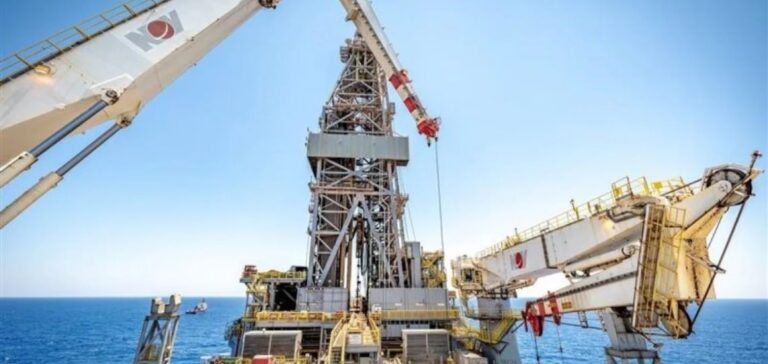The British group BP has officially launched production at two new wells in the Raven gas field, part of the West Nile Delta (WND) project in Egypt. This milestone marks another step in the development of the field, whose production potential could reach 900 million cubic feet of natural gas per day.
A Strategic Expansion of the Raven Field
The Raven field represents the third phase of the West Nile Delta project, which also includes the Taurus/Libra and Giza/Fayoum production fields. When it was launched in 2021, the site comprised eight operational wells, with an initial capacity of 600 million cubic feet per day.
With the addition of these two new wells, BP aims to strengthen site production by integrating approximately 220 billion cubic feet of gas and 7 million barrels of condensate over their entire operational cycle. This expansion is part of a broader strategy to optimize existing resources while increasing extracted volumes.
A Key Contribution to Egypt’s Energy Strategy
The development efforts at the Raven field align with the Egyptian government’s ambitions to increase national natural gas production to 6 billion cubic feet per day by the end of 2025, compared to 4.6 billion in 2024. This increase is intended to meet the country’s energy demand, which stood at 6.2 billion cubic feet per day in 2024.
All production from the West Nile Delta project is directly injected into the national distribution network. BP holds a majority stake of 82.75% in the project, while Harbour Energy owns the remaining 17.25%.





















